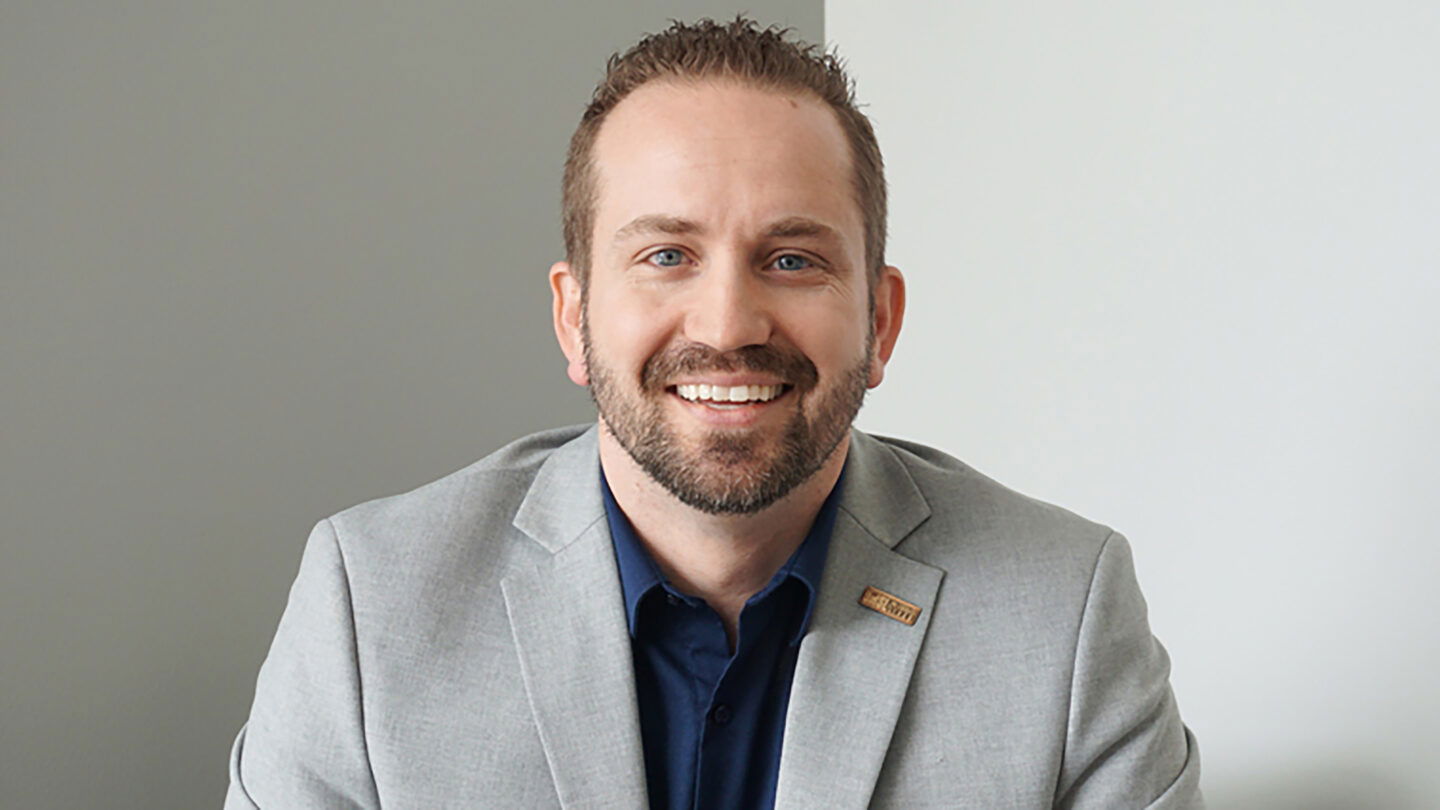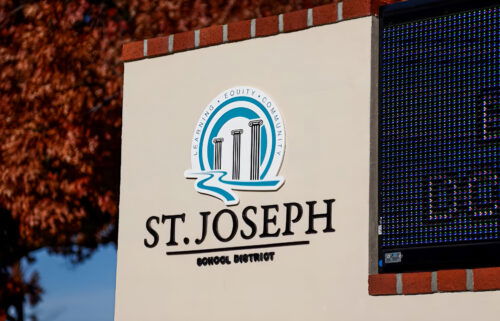Study reflects tepid views on four-day calendar

By Marcus Clem
Research in part funded by a nonprofit with St. Joseph ties advises caution before additional Missouri school districts adopt the four-day class calendar.
The Show Me Institute is producing a three-part study of the increasingly popular calendar plan, which the St. Joseph School District might adopt for the 2024-2025 year. A Board of Education vote is set for Feb. 26. The institute has received funding from the Stanley M. Herzog Foundation, named for the late St. Joseph business leader. This project is led by Professor James Shuls of the University of Missouri-St. Louis, assisted by Avery Frank, Show Me Institute policy analyst.
The Herzog Foundation specified in a statement on Tuesday that their research involvement exists in the form of a “one-time grant.”
Having produced two parts so far, Shuls said, his work indicates that there is no clear evidence that the four-day calendar has produced significant financial savings for school districts, nor has it significantly boosted teacher recruitment and retention. Secondarily, Shuls said, surveys of Missouri parents across the state showed some 64% prefer to retain a five-day class schedule, as opposed to the four day plan. Some 24% said they prefer the four-day model.
“What that 64% to me says, the majority of people still want the traditional model,” Shuls said. “School districts need to keep in mind, before they make this incredibly important decision, that it affects more than just schooling. It affects parents in their home life, in their jobs, in profound ways.”
School board member Whitney Lanning said she stands by the district’s own survey in which 48.7% of respondents said they favor the four-day concept, and 13.6% said they are neutral, compared with 37.7% of respondents who said they are opposed. More than 80% of surveyed staff members said they would favor the four-day plan.
Annual staff turnover in the district exceeds 20%, and dozens of job vacancies are the norm. If that is not corrected, Lanning said, academic outcomes will fall to the point where the State of Missouri could revoke the district’s accreditation. That would curtail local governance of public education and prompt the Department of Elementary and Secondary Education to step up its oversight role.
“To me, there has to be a sense of urgency in saving this district,” Lanning said. “We can go four days, and make jobs easier for staff and have more qualified and certified staff to choose from, or we can stay doing what we’re doing, and potentially face not being accredited.”
Lanning also criticized the Herzog Foundation in funding the research. Before his death in 2019, Stanley Herzog set aside $325 million of his fortune for the foundation’s use, and it has been quite active in state politics and government affairs, according to the Missouri Independent.
Herzog Foundation communications director Elizabeth Roberts, in the Tuesday statement, pushed back on that idea.
“The Stanley M. Herzog Charitable Foundation is not active in state politics or government affairs, nor do we divert large amounts of money to advocacy,” she said. “We do not employ a lobbyist, nor do we advocate for specific pieces of legislation.”
Large amounts the foundation’s money have been diverted to advocacy that serves to undermine public education, Lanning said.
“Research and data can be misleading, depending on a lot of different factors,” she said. “Any time that you see a statistic, you need to look into how that data was collected … I would want to know who did they interview, how did they survey, how many people did they survey, you know, those types of things.”
Roberts also offered input on Lanning’s doubts.
“The research and data in the Show-Me Institute’s report was not misleading or shrouded in any secrecy,” Roberts said. “If Ms. Lanning would like to see how the data was collected, I would direct her to page 5 of the Show Me Institute’s report, where Avery Frank and James Shuls thoroughly describe their systematic research process.”
Shuls said it is not his objective to discourage any school district from doing anything it feels is in the best interests of its own people. The four-day plan may work well in some situations, he said, and is favored by some parents. However, he said, no one should be compelled to accept a public school that is only in session four days per week.
“Because, it may not be the right model for them,” Shuls said. “It could work, it may work for many people … but I think about the individuals who it doesn’t work for. We’ve got to have them in mind as well.”
This story has been updated to reflect Stanley M. Herzog Foundation statements offered by email on Tuesday.




